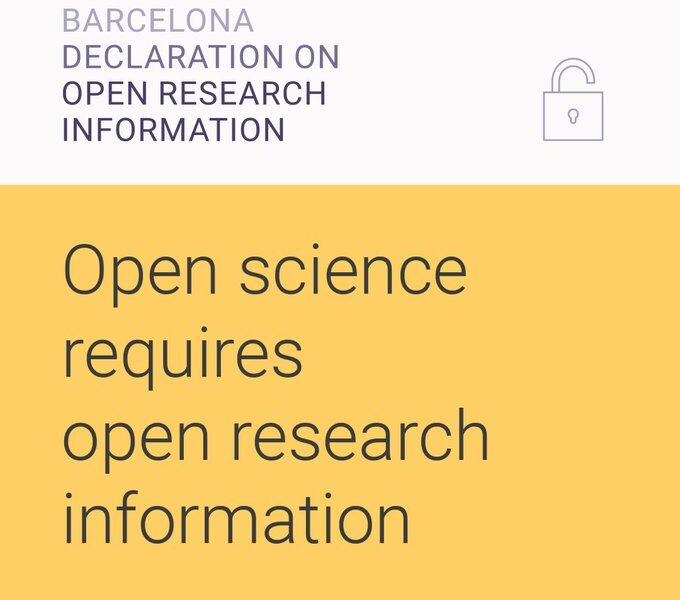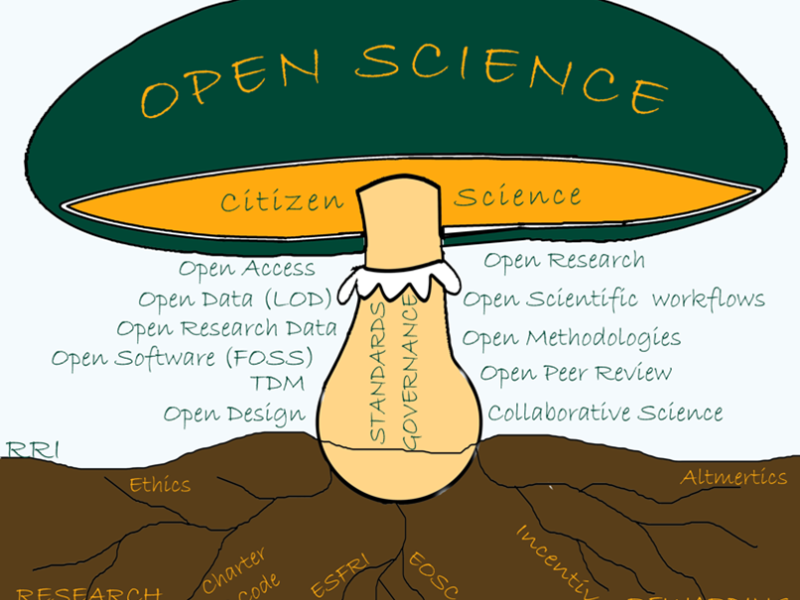Open Science and Life Expectancy
Open Science and Life Expectancy https://opusproject.eu/wp-content/uploads/2023/03/pexels-pixabay-33786.jpg 1 1 Open and Universal Science (OPUS) Project Open and Universal Science (OPUS) Project https://opusproject.eu/wp-content/uploads/2023/03/pexels-pixabay-33786.jpgLife expectancy is a measure of the average number of years that a person is expected to live, based on factors such as age, sex, and geographic location. It is influenced by a wide range of factors, including genetics, lifestyle, environmental conditions, and access to healthcare. Over the past century, life expectancy has increased dramatically in many parts of the world, thanks to improvements in public health, medical technology, and social and economic development. However, there are still significant disparities in life expectancy between different regions and populations, and many people continue to die prematurely from preventable or treatable diseases.
Open science can play a crucial role in addressing these challenges by facilitating the sharing of scientific knowledge and data. For example, open access publications allow researchers and healthcare professionals from around the world to access the latest research findings, clinical guidelines, and best practices for disease prevention and treatment. This can help to accelerate the development and adoption of effective healthcare interventions, reduce duplication of effort, and improve the overall quality of research and patient care.
In addition, open science can promote collaboration between different stakeholders in the healthcare ecosystem, including researchers, clinicians, policymakers, and patient advocates. By sharing data and insights, these stakeholders can work together to identify the root causes of health disparities and develop evidence-based solutions that address the underlying social, economic, and environmental factors that contribute to poor health outcomes. This approach can help to promote equity and social justice in healthcare, and ensure that everyone has access to the resources and support they need to live healthy, fulfilling lives.
One area where open science has already had a significant impact is in the study of infectious diseases. The COVID-19 pandemic has highlighted the importance of open science in enabling rapid and collaborative research on the virus and its transmission, as well as the development and distribution of vaccines and treatments. Open access repositories such as the COVID-19 Open Research Dataset (CORD-19) have played a critical role in enabling researchers from around the world to access and share data on the virus, leading to important discoveries and breakthroughs in our understanding of the disease.
Open science has the potential to contribute significantly to improving life expectancy by facilitating the sharing of scientific knowledge and data, promoting collaboration between different stakeholders, and promoting equity and social justice in healthcare. As we continue to face global health challenges such as pandemics, chronic diseases, and health inequalities, it is essential that we embrace open science as a key tool for addressing these challenges and promoting the health and wellbeing of all people, regardless of their background or circumstances.
- Posted In:
- Open Science News




